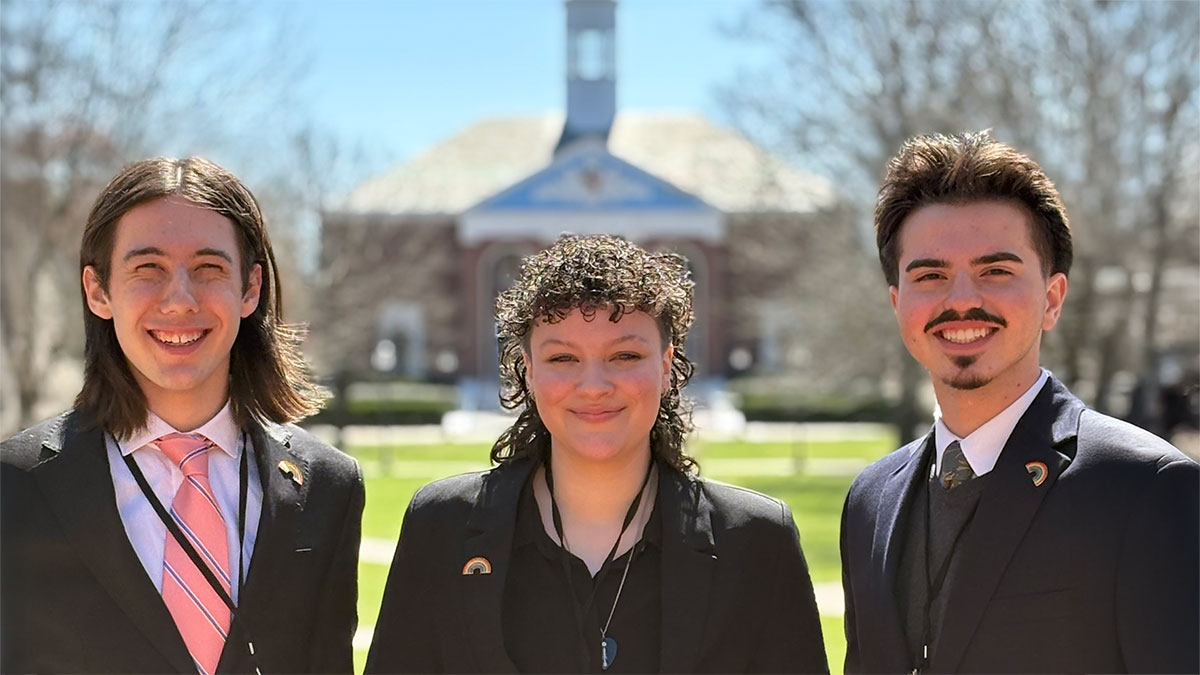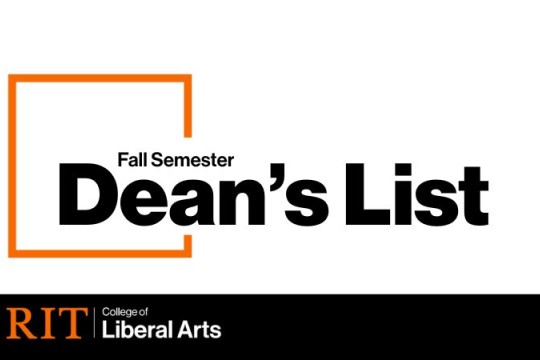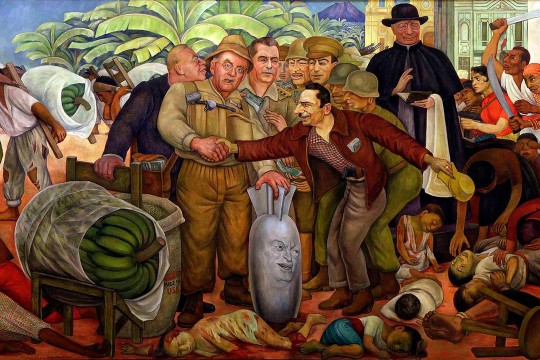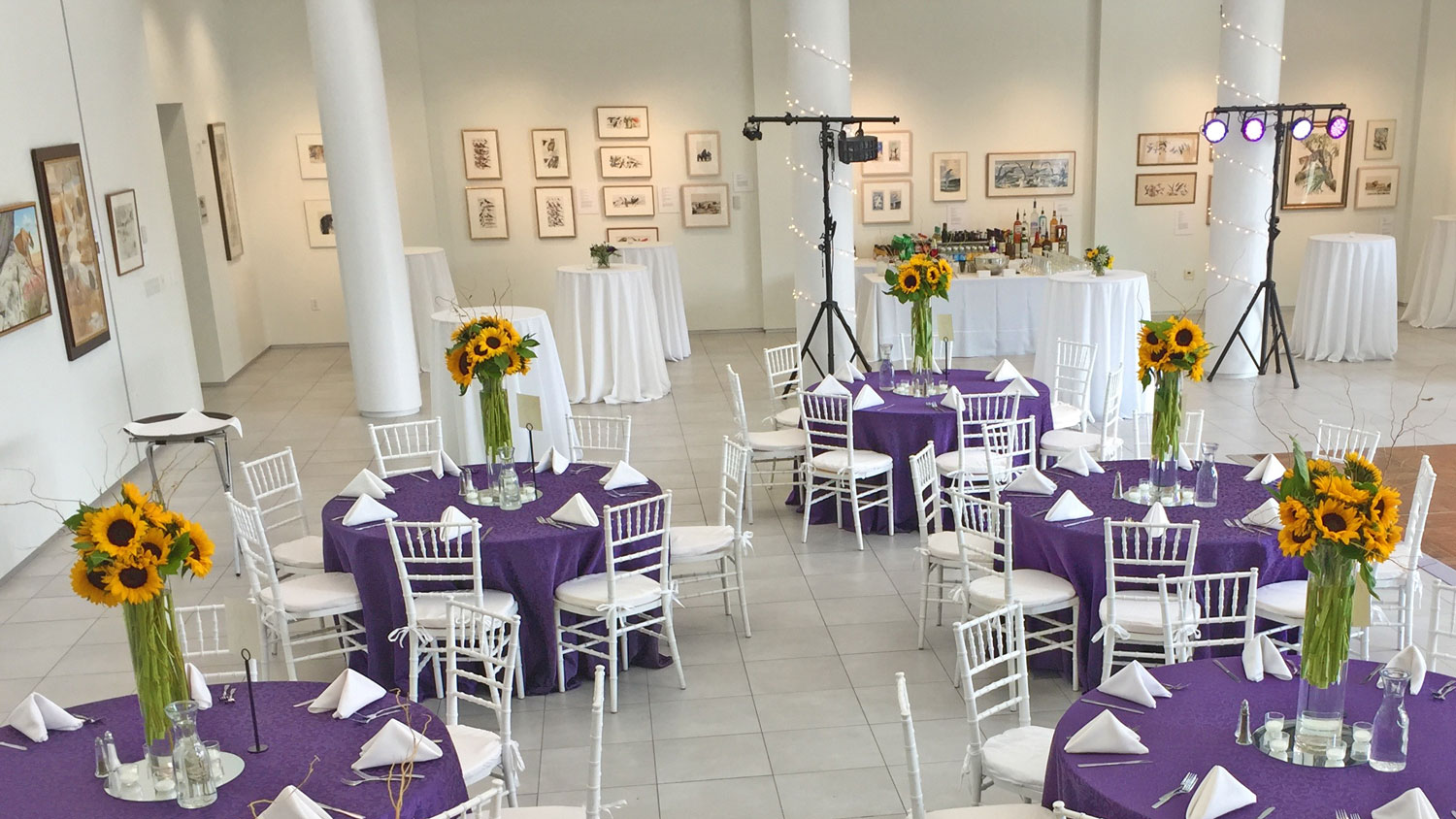Department of History

Department of
History
- RIT/
- College of Liberal Arts/
- Academics/
- Academic Departments/
- Department of History
Overview
The Department of History offers minors and immersions that promote broad perspectives on human experiences, teach critical appraisal of primary and secondary sources, develop communication and writing skills, and enable you to make comparisons and draw contrasts across global historical perspectives—all skills that are essential in a wide variety of professions, including business, education, journalism, law, politics, and public service. We are a tight-knit department with faculty who have a wide variety of professional and scholarly interests, from the history of gender to the history of computing, from the history of Asia to the history of the United States, from the history of imperialism to the history of baseball.
10
Faculty in the department
68
History courses offered
9
Geographical and historical areas of study
Latest News
-
February 10, 2026

RIT College of Liberal Arts Announces Dean’s List for the Fall 2025 Semester
Three hundred and sixty College of Liberal Arts undergraduate students earned a spot on the fall 2025 semester dean's list, including 74 who are double majors with the college.
-
January 12, 2026

Trump’s move on Venezuela is not only audacious, it’s also in direct conflict with MAGA
The Globe and Mail features comments from Eben Levey, assistant professor in the Department of History, and Sarah Burns, associate professor in the Department of Political Science. (This content requires a subscription to view.)
-
January 12, 2026

Understanding Trump’s Donroe Doctrine on Venezuela: What the Progressive Era Teaches us about US Imperialism
An essay by Eben Levey, assistant professor in the Department of History, published by Clio and the Contemporary.
Featured Work and Profiles
-
Co-op & Internship Spotlight: History Major's Internship Built Skills, Solidified Career Path
A summer internship at a museum let Nathaniel Bartsch apply tech, project management, and digital skills and focused his future career goals.
Read More about Co-op & Internship Spotlight: History Major's Internship Built Skills, Solidified Career Path -
2025 Grad Found a Home in History
Chase Foresti began at RIT enrolled in a different major, but soon into his time here he found a home in history. Now, as he prepares for graduation day, he reflects on his journey that led to on-the...
Read More about 2025 Grad Found a Home in History -
Historians Put Today’s AI to Work to Better Understand the Past
From medical devices to economic forecasting tools to writing and editing assistants and more, artificial intelligence is playing a role in nearly every industry and activity of contemporary life, but...
Read More about Historians Put Today’s AI to Work to Better Understand the Past -
Graduate Exploring New Frontiers in Museum Studies Through Fulbright Award
Izzy Moyer Museum studies graduate Izzy Moyer returns to Croatia as a Fulbright awardee, leveraging her expertise with RIT's Multispectral Imaging System to support The State Archives and inspire future museum...
Read More about Graduate Exploring New Frontiers in Museum Studies Through Fulbright Award -
Lecturer Empowers Voices of the Past in a Traveling Exhibition
Samaya Nasr RIT lecturer Samaya Nasr plays a pivotal role in an award-winning exhibition that highlights the often-overlooked narratives of diverse communities in the American West.
Read More about Lecturer Empowers Voices of the Past in a Traveling Exhibition -
Melissa Sagen
“My professors each encouraged my passion for film preservation in their own unique ways. It was meaningful to have that type of positivity and reassurance while I was discovering how I fit in and...
Read More about Melissa Sagen
Undergraduate Programs
A history BS that prepares you not only to become a historian, but also to succeed in fields as diverse as business, education, government, journalism, law, and public service.
Learn more about the History BS programLearn how to curate and interpret collections for museums, archives, galleries, libraries, and public institutions.
Learn more about the Museum Studies BS programMinors and Immersions
The history immersion provides students with intensive study within the discipline of history. Students may choose to structure their immersion broadly, by choosing a wide range of historical topics to study, or narrowly, by choosing a particular area to study, such as American, European, or Asian history.
Learn more about the History Immersion programThe history minor provides students with a foundation in the academic study of history. It serves as a complement to any professional degree, as historical study at the college level hones the skills that are important to any well-trained professional: namely, effective writing, critical analysis, engaged reading, and logical thinking. Students are free to shape the history minor to their liking, by choosing the geographic areas of historical study of most interest to them, such as American, European, or Asian, or by choosing the historical topic of most interest to them, such as transnational history, comparative history, war, business, race, or gender.
Learn more about the History Minor programThe immersion in museum studies introduces students to the history, theory, and practice of institutional collecting, exhibiting, storing, and preserving our cultural heritage in museums, archives, collections, galleries, and libraries. It also provides students with an introduction to public history, the technical investigation of art, the history and theory of exhibitions, and interactive design for museums.
Learn more about the Museum Studies Immersion programThe museum studies minor provides students with a foundation in the history and practice of the museum as an institution and in the history, theory, and practice of collecting, exhibiting, and preserving the cultural heritage that defines the purpose and function of the museum. Courses cover a wide range of topics that are relevant to contemporary museology: the history of museums and collecting, the technical study of art and materials, the history and theory of exhibitions, interactive design, public history, the rise of the museum profession, legal and ethical concerns, and conservation.
Learn more about the Museum Studies Minor program












